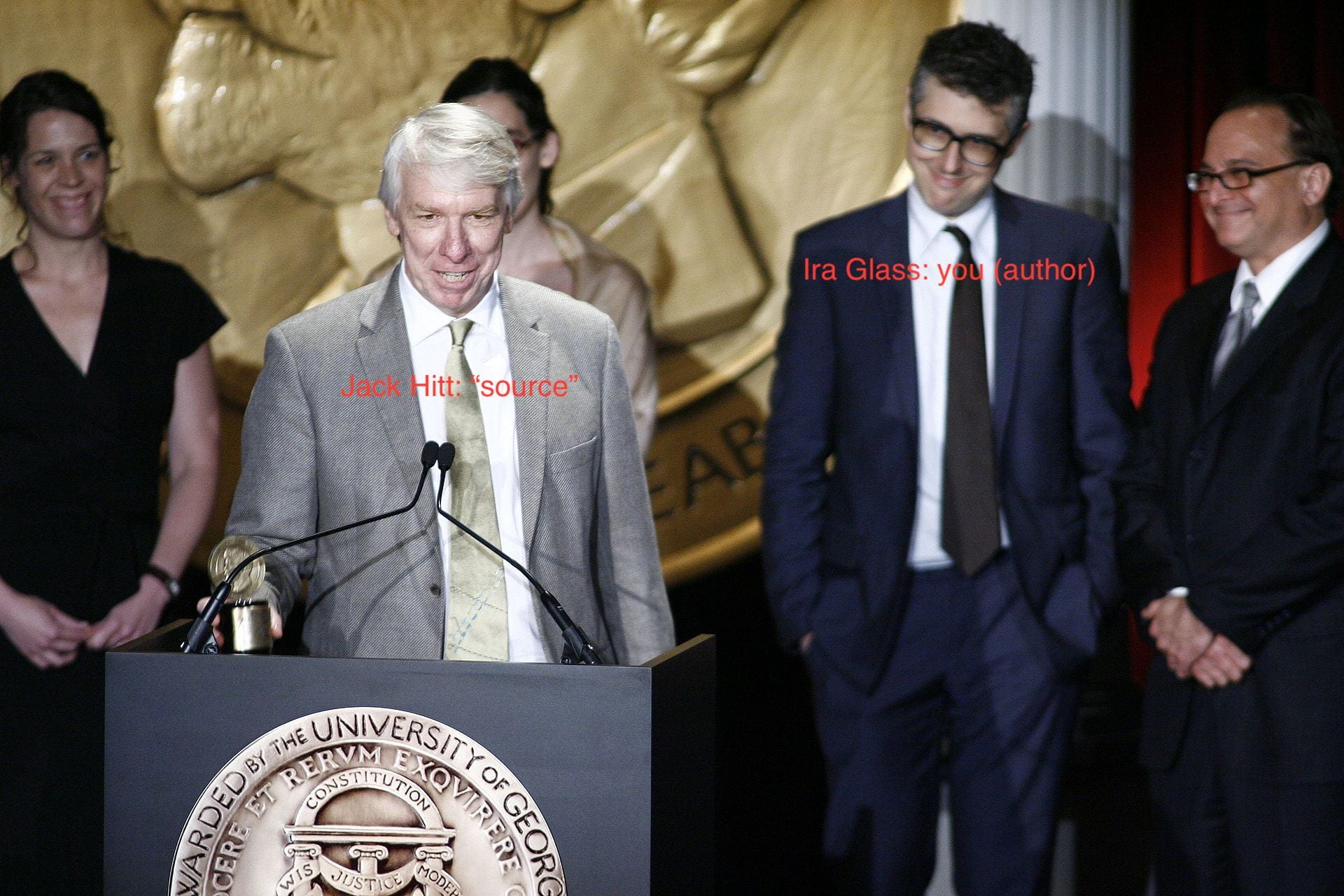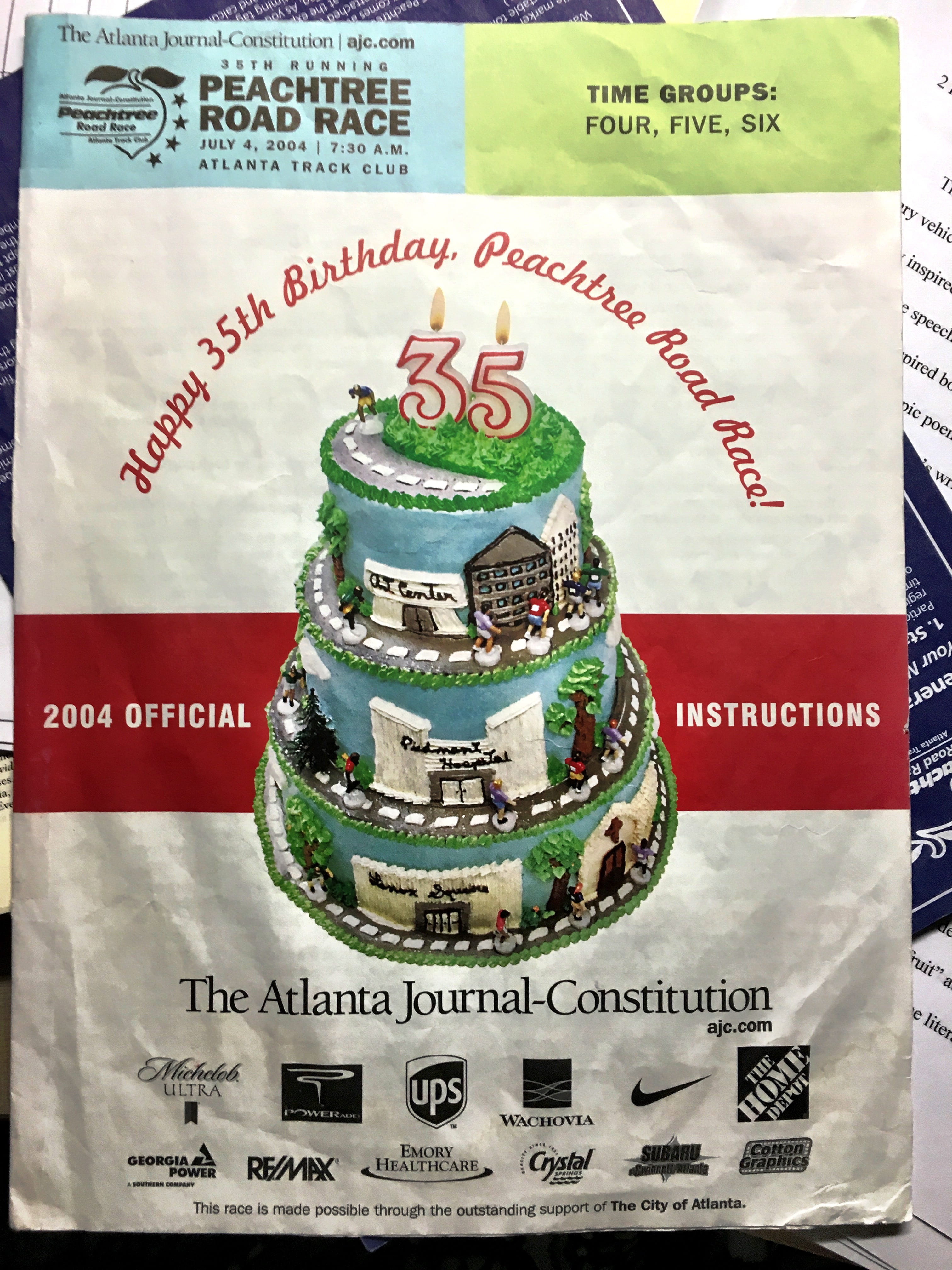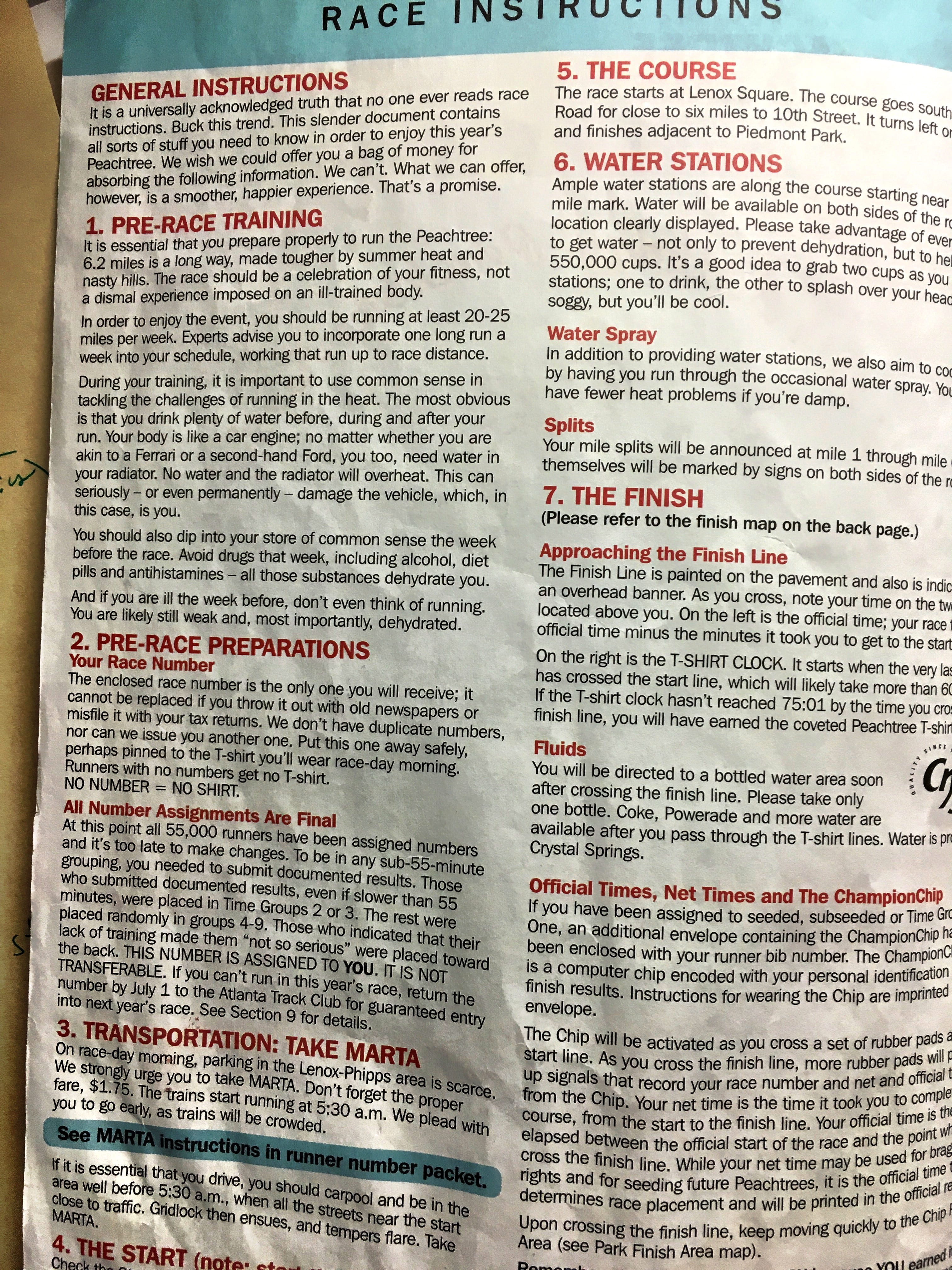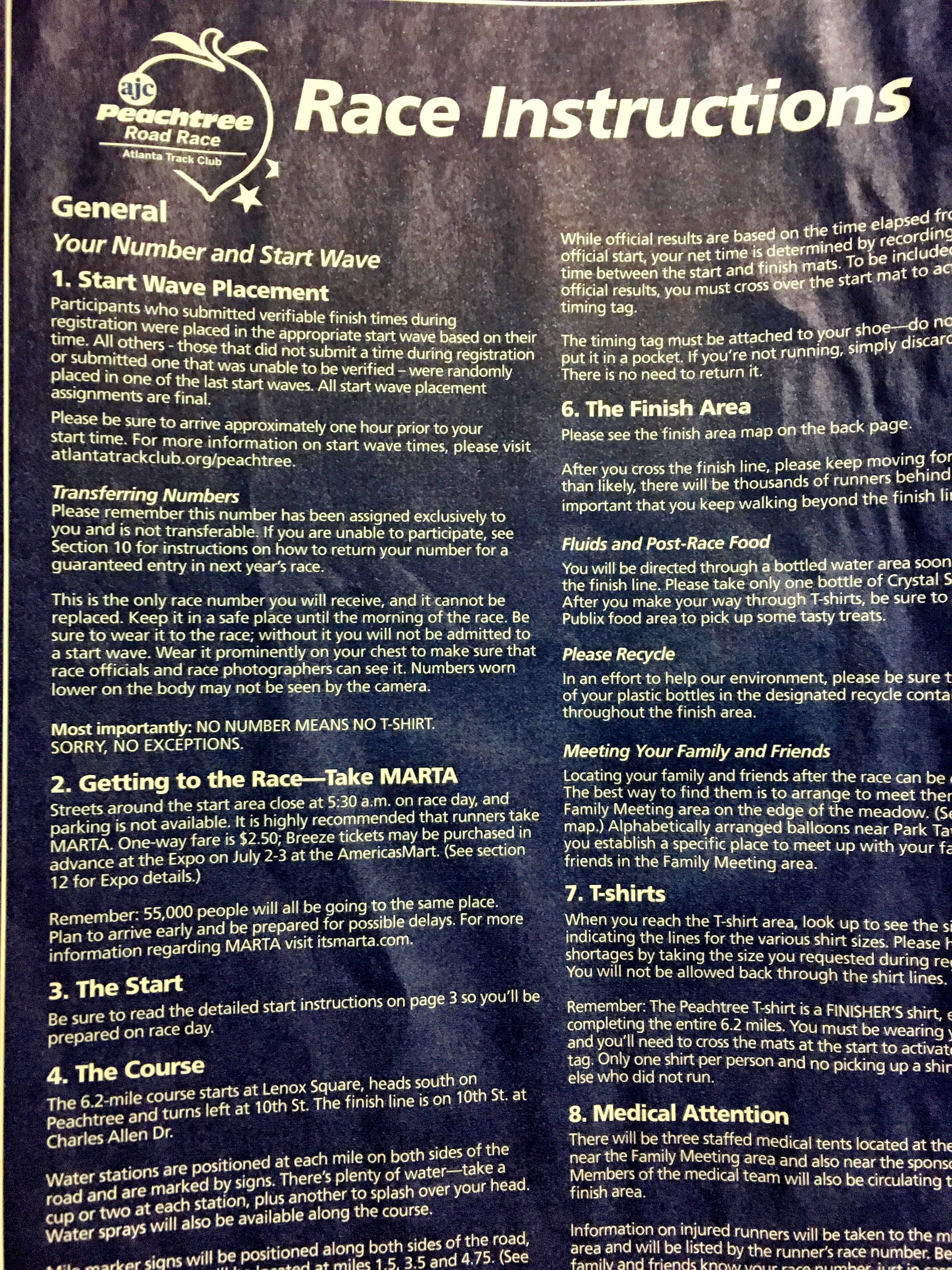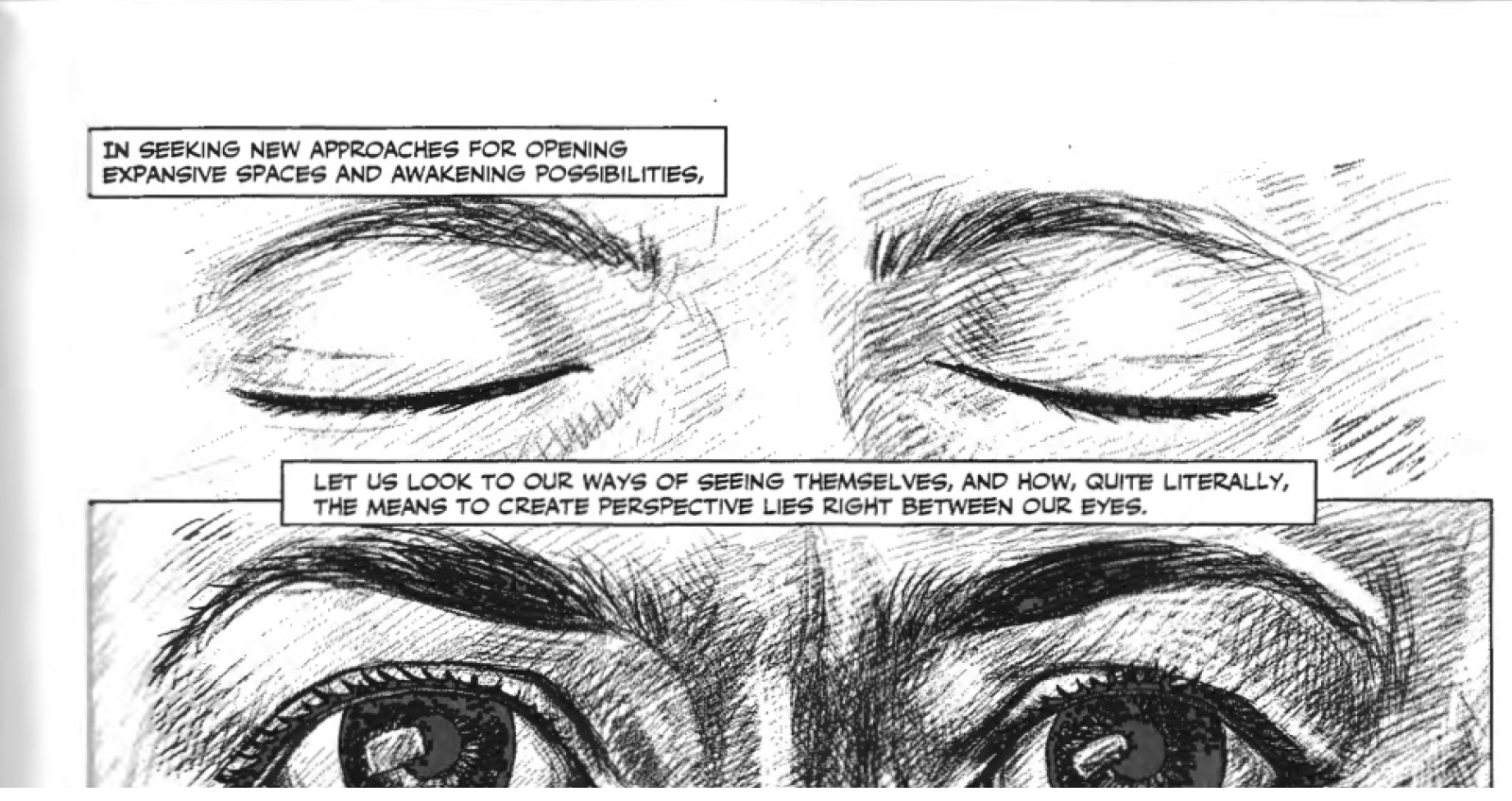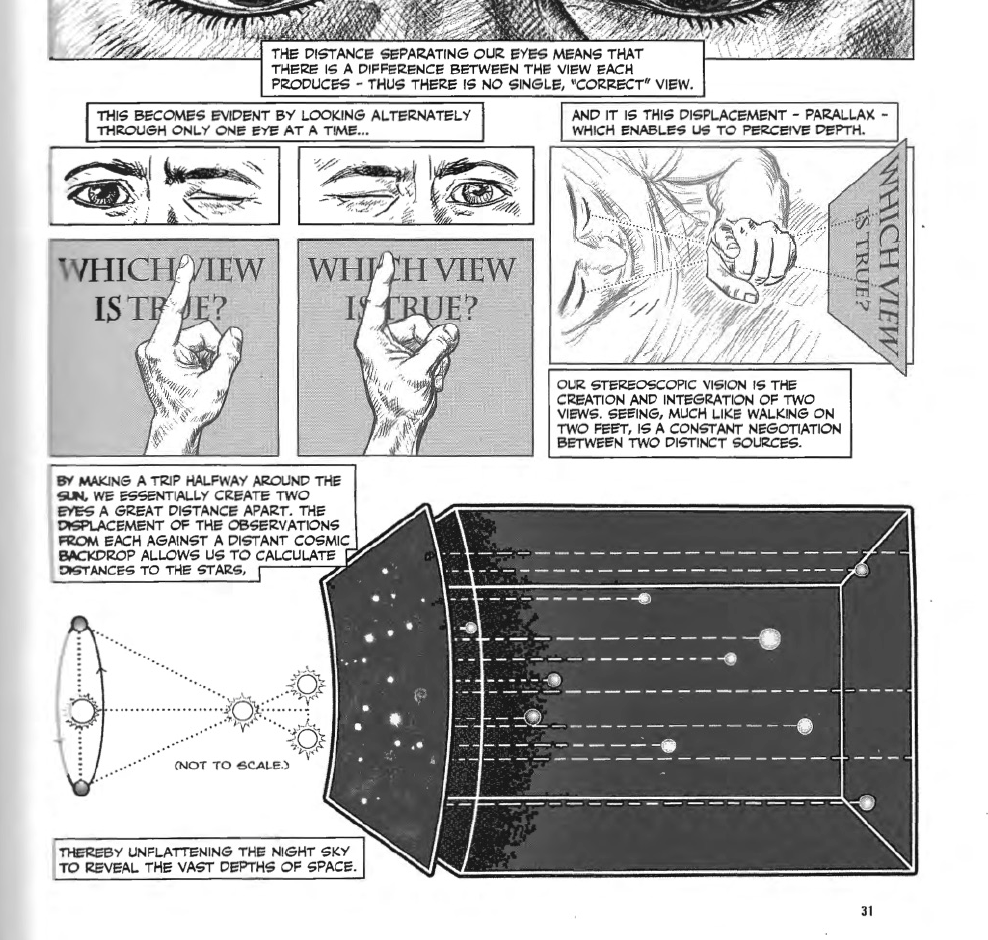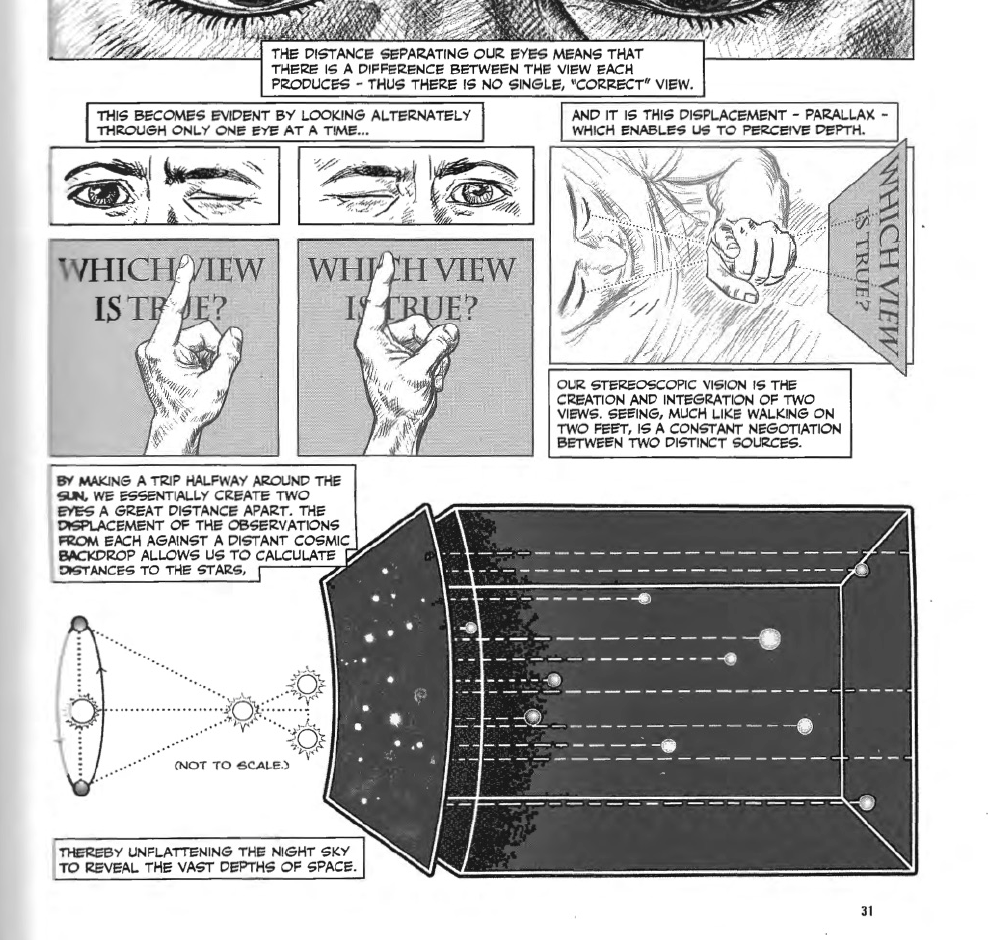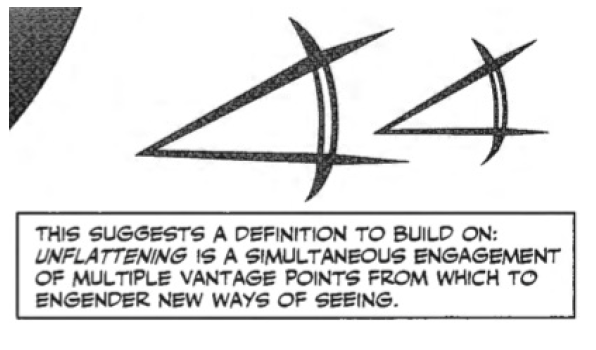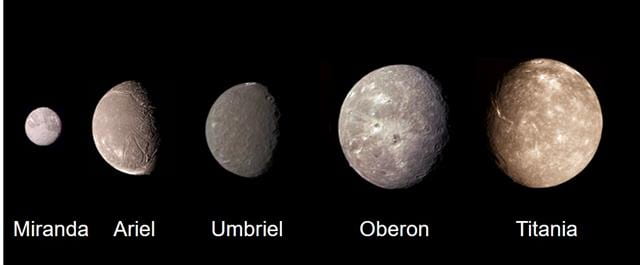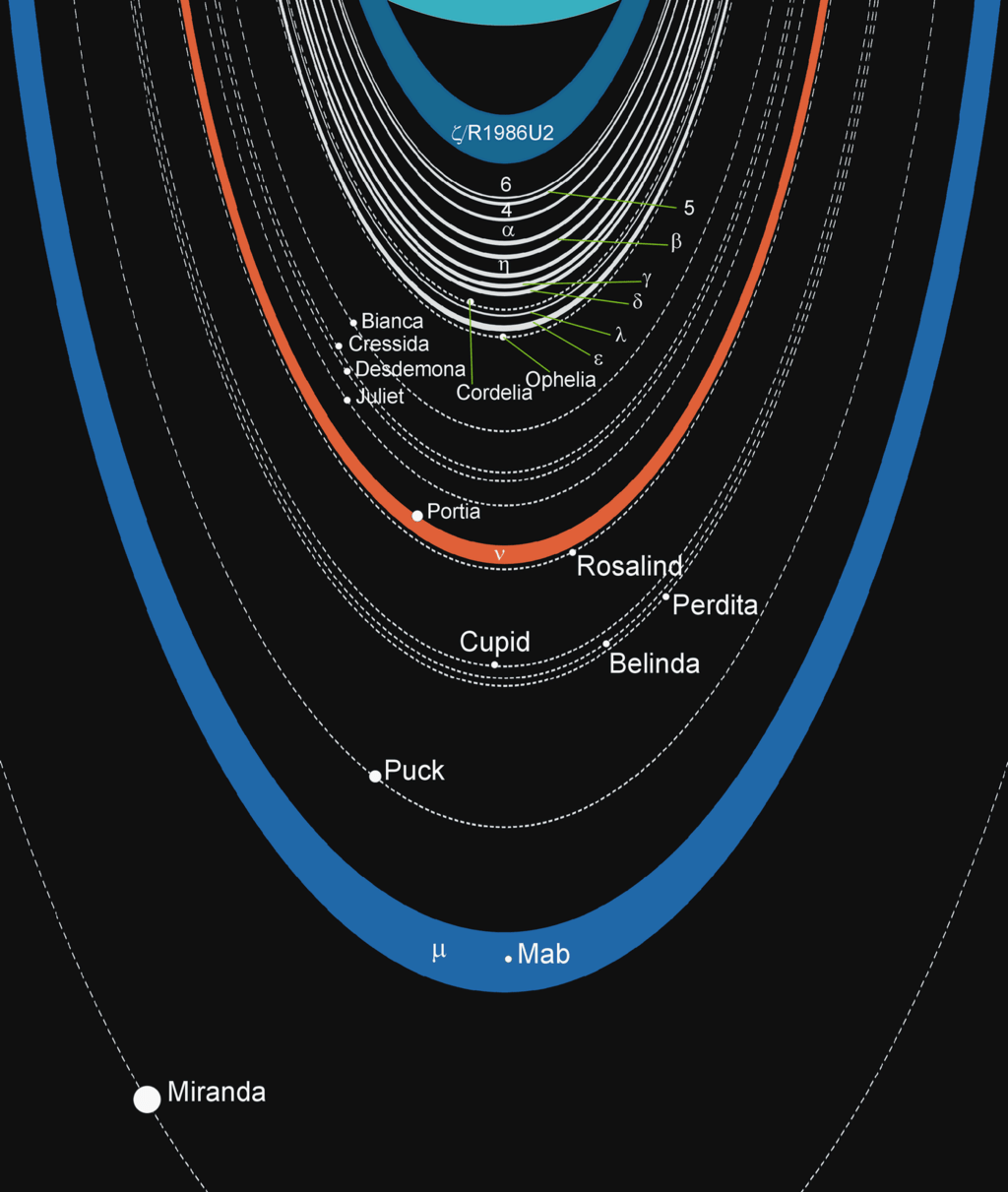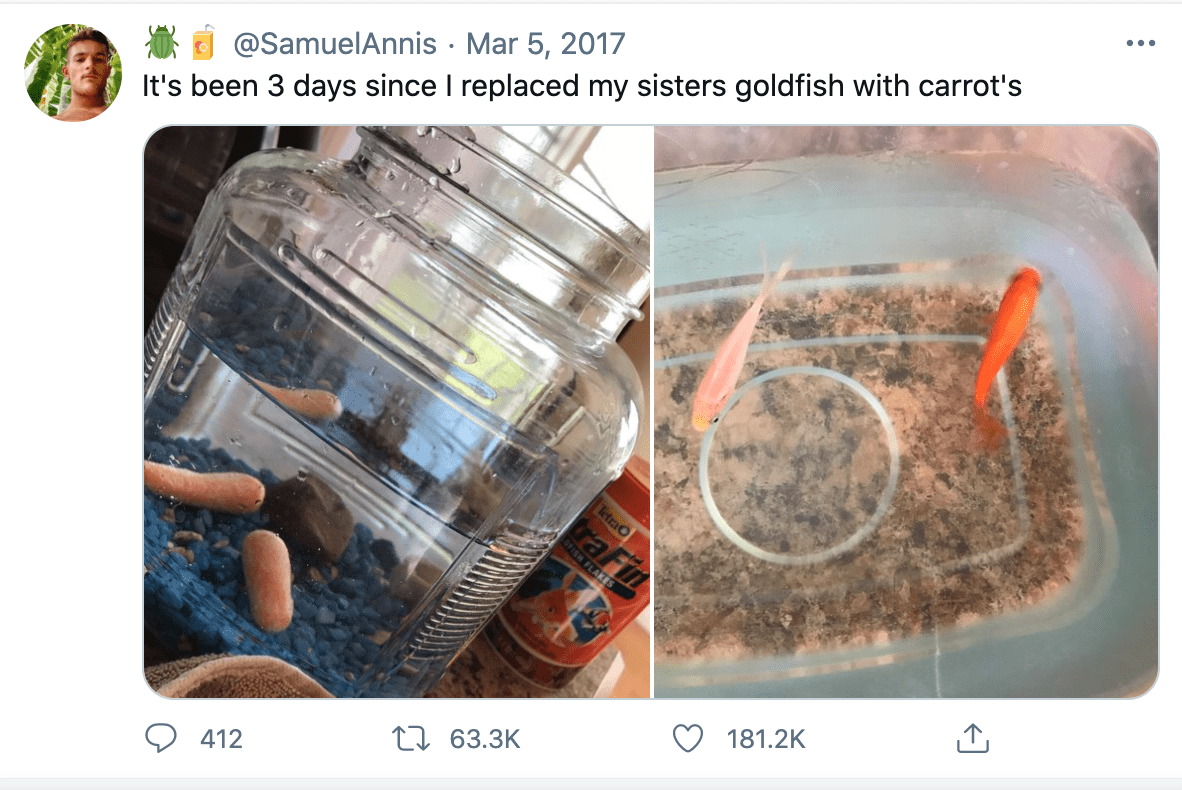English 185 Fall 2021 REV 29 Aug
As a classroom community, our capacity to generate excitement is deeply affected by our interest in one another, in hearing one another’s voices, in recognizing one another’s presence.
―
- Human trafficking. Human trafficking is growing around the world. …
- Refugee crises. …
- Worker rights. …
- Gender equality. …
- LGBTQ+ rights. …
- Human rights and technology. …
- Nationalism. …
- Attacks on journalists and the spread of misinformation.
Socrates uses this parable to explain to one of his pupils that things aren’t always as they seem. In the world we live in, it’s too easy to be unknowingly held captive. In 2021 we have smartphones and social media that we get locked into. My made-up social media platform, “The Cave,” has 400 million users and only one source of obtaining information, me. So if I posted on “The Cave that no American citizen will receive a legal, taxable paycheck from their employer due to violent protest and rioting in Dallas, TX, at least half of my users will believe me and half of that population will acton my false information. In that example, all 400 million people are in the cave watching my shadows pass against the wall. — Anthony
Illusions captivate. I see so many examples of people (myself included) accepting illusions as reality. I experience this tragedy as a black man in America, because the way my formal education was structured, I honestly believed my heritage and history began with slavery. This is the biggest lie I was ever told. This illusion has destroyed an entire race of people, because they were detached from their spirituality, language, and customs and re0engineered to become something else, and we still believe the illusion of us as subservient, subhuman, less-than, undeserving, second rate, less intelligent. Our self image was destroyed and replaced, and we are still battling to get out of the darkness of the cave. We just have to realize that our hands aren’t shackled…
The Black experience in America has been a mirror image of this Allegory of the Cave. I mean, seriously consider my position for a moment. If I control your cultural direction, religion, name, language, and even delete huge chunks of your heritage and history, don’t I have your neck shackled? Aren’t I projecting what I want you to see and believe? If I deny you the right to participate in democracy, if I disenfranchise you, under-educate, or miseducate you, hide inner workings of systems and structures (economic) from you, do I not shackle your legs in this way? This story reverberates in my soul in a way that is so vast I find myself unable to articulate and express every item I relate to Black Americans and how we are perpetually trapped. Even the liberated prisoner who wants to, or tries to liberate the captives is
Exiled (Elridge Cleaver, Asaata Shakur), Vilified (Anglea Davis), written off, killed (Malcolm X, MLK, Fred Hampton)…..
Sight is distorted, vision is blurred, blindness persists, truth is fake, reality is diluted, light creates fear and discomfort, darkness consumes. — Xavier
Differences between quarto and folio
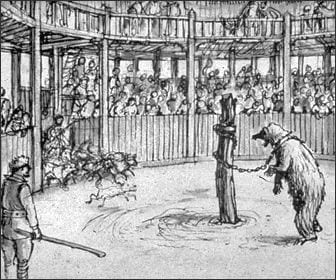
King Lear Under COVID-19 Lockdown
Here’s a clear and helpful guide on how to quote Shakespeare.
And here’s the same professor’s clear guide on quoting prose.
PEER REVIEW
- Read a draft all the way through before you begin to comment on it.
- Point out the strengths of the draft.
- When discussing areas that need improvement, be nice. Offer appropriate, constructive comments from a reader’s point of view.
- Before giving your written comments to the author, reread your comments to make sure they are clear and make sense.
- Be respectful and considerate of the writer’s feelings.
- Use “I” statements.
- Offer suggestions, not commands.
- Raise questions from a reader’s point of view, points that may not have occurred to the writer.
- Make sure comments are specific (not “This paper is confusing. It keeps saying the same things over and over again” but rather “It sounds like paragraph five makes the same point as paragraphs 2 and 3.”).
- Avoid turning the writer’s paper into YOUR paper.
Complete the following sentences:
The author’s main point is…
I like…
I wonder…
I suggest…
|
Then, more specifically, complete these sentences:
The introduction makes the reader (curious/interested about the essay?) … |
||||||
| The essay cited sources (effectively, rarely, never?)… | ||||||
| The essay is organized (sufficiently? somewhat? in a logical order?) … | ||||||
| The essay’s details are (rich? evocative? insufficient?) … | ||||||
| The essay has a (strong, somewhat weak) ___________________ conclusion. |
Interdisciplinary Essay Revised
The Caging of America _ The New Yorker
Is Ariel female or male, or of indeterminate gender?
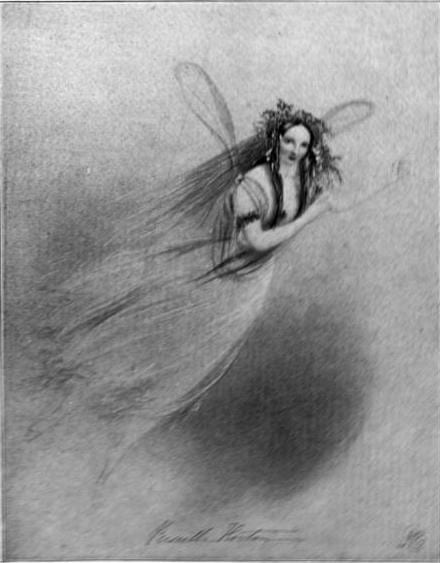

“Power is the ability to impose one’s fiction on the world”
Here’s a clear and helpful guide on how to quote Shakespeare.
And here’s the same professor’s clear guide on quoting prose.
using MLA parenthetical citations. Also include a “Work Cited” reference, in which you correctly cite the article. Print your reflection and bring it to class on October 10.
Advantages of Longhand Over Laptop Note Taking copy
Why you should take notes by hand — not on a laptop – Vox copy
First drafts and perfectionism
 French philosopher Simone Weil (February 3, 1909–August 24, 1943), whom Albert Camus described as “the only great spirit of our times”
French philosopher Simone Weil (February 3, 1909–August 24, 1943), whom Albert Camus described as “the only great spirit of our times”
Attention is the rarest and purest form of generosity
Starting sentences with “but”:
There is a widespread belief—one with no historical or grammatical foundation—that it is an error to begin a sentence with a conjunction such as and, but or so. In fact, a substantial percentage (often as many as 10 percent) of the sentences in first-rate writing begin with conjunctions. It has been so for centuries, and even the most conservative grammarians have followed this practice. (Chicago Manual of Style)
“Many of us were taught that no sentence should begin with “but.” If that’s what you learned, unlearn it—there is no stronger word at the start. It announces total contrast with what has gone before, and the reader is primed for the change.”
“I can’t overestimate how much easier it is for readers to process a sentence if you start with ‘but’ when you’re shifting direction.” (William Zinsser, On Writing Well)
First person in academic writing: Duke University
First person in academic writing: UNC Chapel Hill
First person in academic writing: Chicago Manual of Style
First person in academic writing: Cancer Journal for Clinicians
Unnecessary phrase: The opinion of the manager
Correction: The manager’s opinion
Unnecessary phrase: The obvious effect of such a range of reference is to assure the audience of the author’s range of learning and intellect.
Correction: The wide-ranging references in this talk assure the audience that the author is intelligent and well-read.
Unnecessary phrase: It is a matter of the gravest possible importance to the health of anyone with a history of a problem with disease of the heart that he or she should avoid the sort of foods with a high percentage of saturated fats.
Correction: Anyone with a history of heart disease should avoid saturated fats.
(U Wisconsin-Madison)
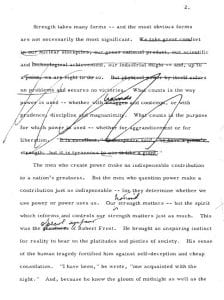
Thomas Lux (1946-2017) from Neil Astley on Vimeo.
The thing gets made, gets built, and you’re the slave
who rolls the log beneath the block, then another,
then pushes the block, then pulls a log
from the rear back to the front
again and then again it goes beneath the block,
and so on. It’s how a thing gets made – not
because you’re sensitive, or you get genetic-lucky,
or God says: Here’s a nice family,
seven children, let’s see: this one in charge
of the village dunghill, these two die of buboes, this one
Kierkegaard, this one a drooling
nincompoop, this one clerk, this one cooper.
You need to love the thing you do – birdhouse building,
painting tulips exclusively, whatever – and then
you do it
so consciously driven
by your unconscious
that the thing becomes a wedge
that splits a stone and between the halves
the wedge then grows, i.e., the thing
is solid but with a soul,
a life of its own. Inspiration, the donnée,
the gift, the bolt of fire
down the arm that makes the art?
Grow up! Give me, please, a break!
You make the thing because you love the thing
and you love the thing because someone else loved it
enough to make you love it.
And with that your heart like a tent peg pounded
toward the earth’s core.
And with that your heart on a beam burns
through the ionosphere.
And with that you go to work.
–Thomas Lux
